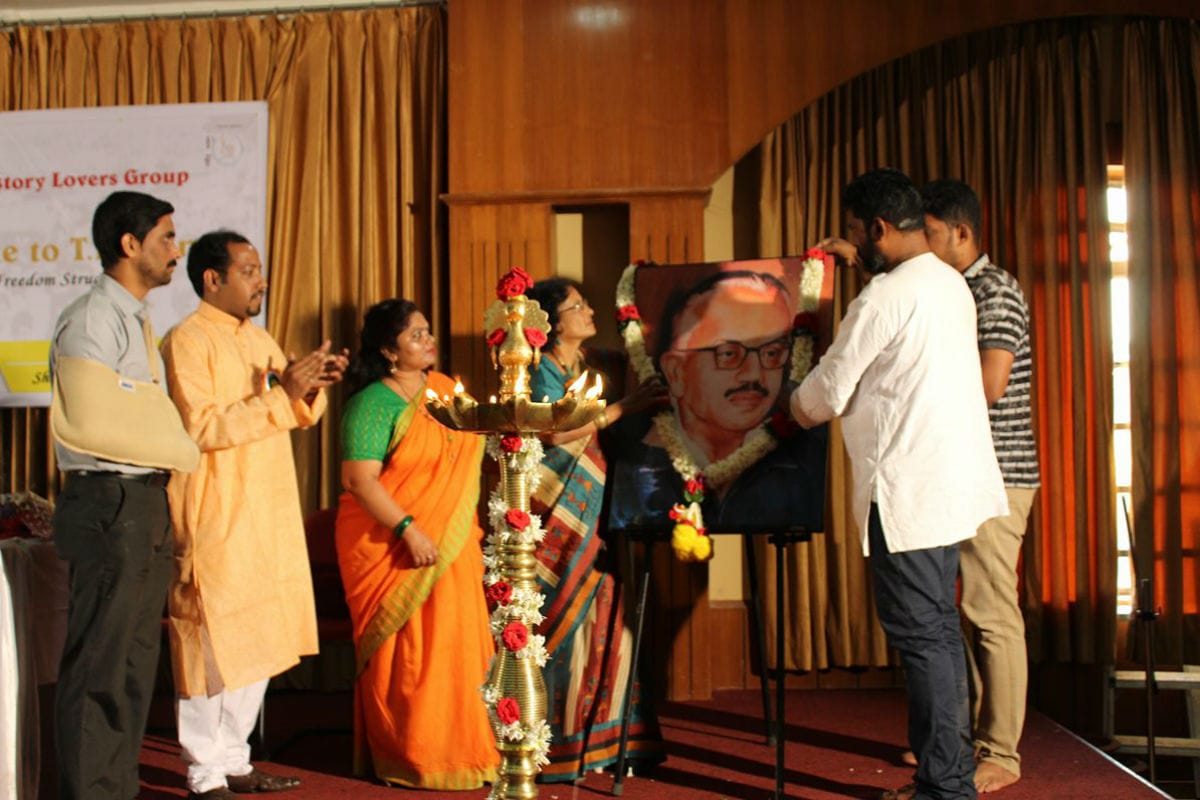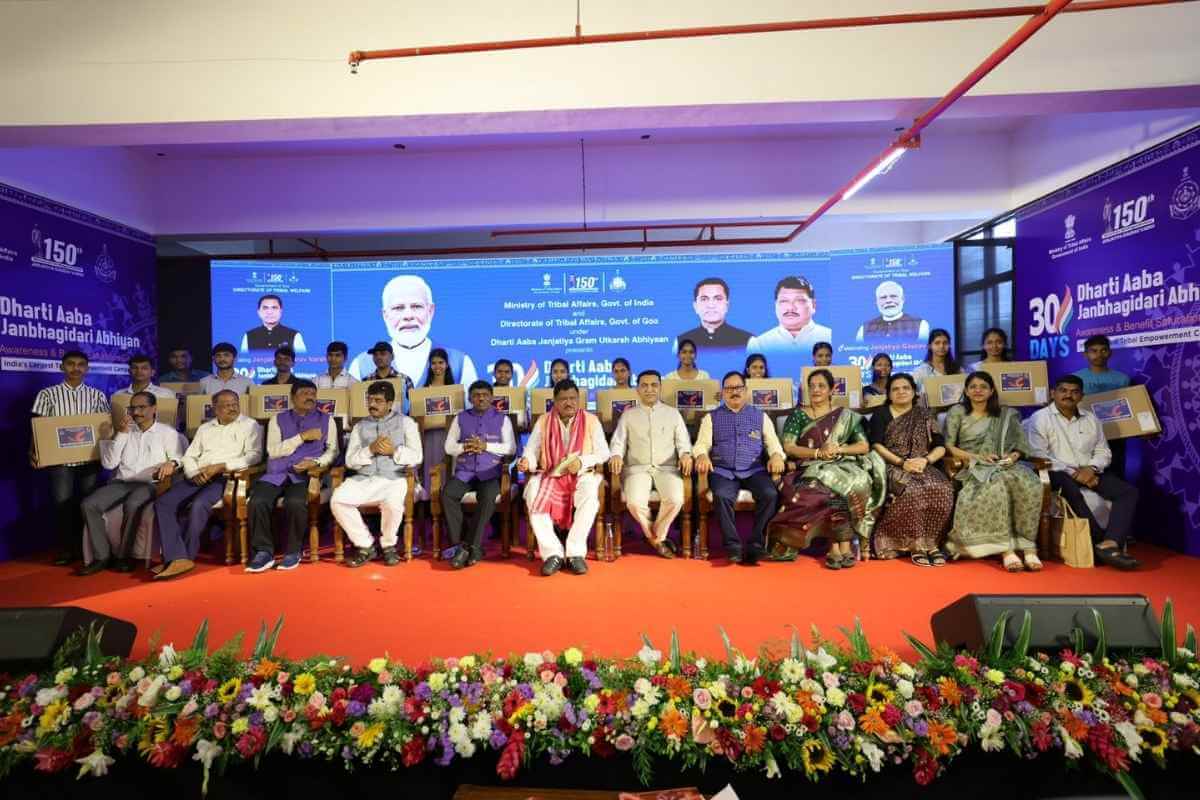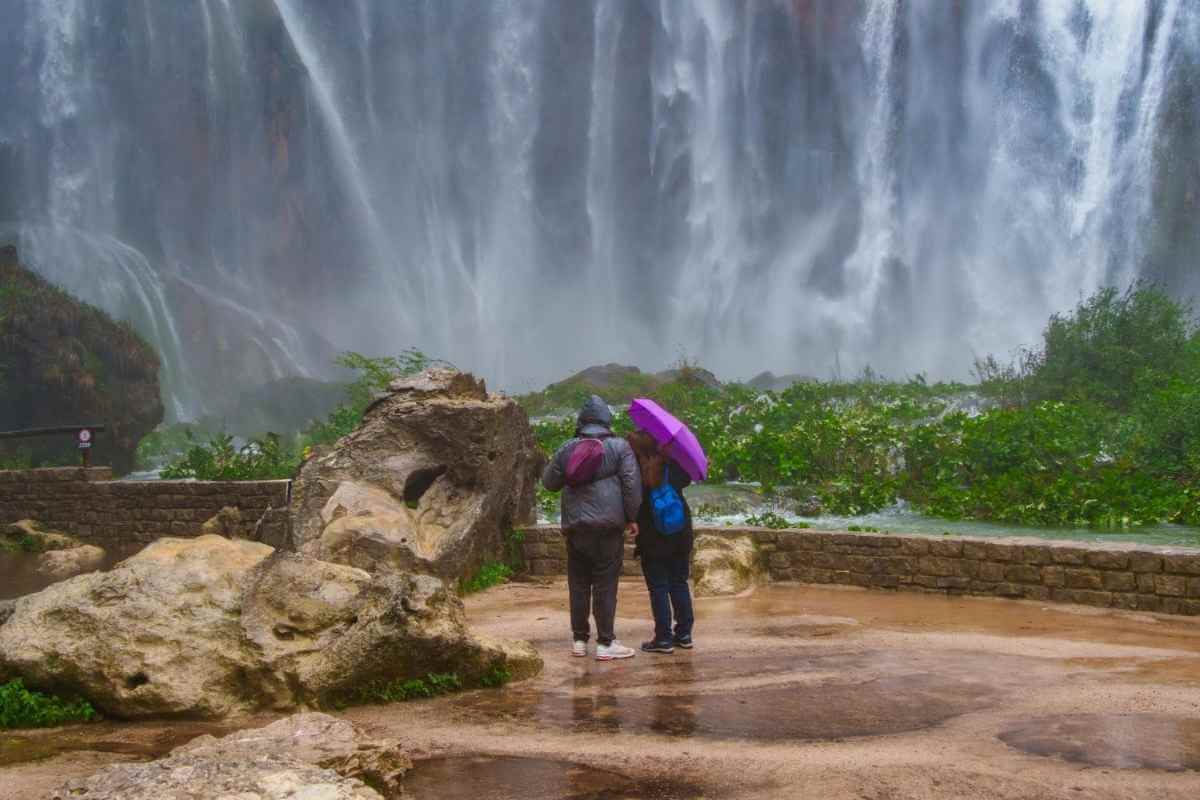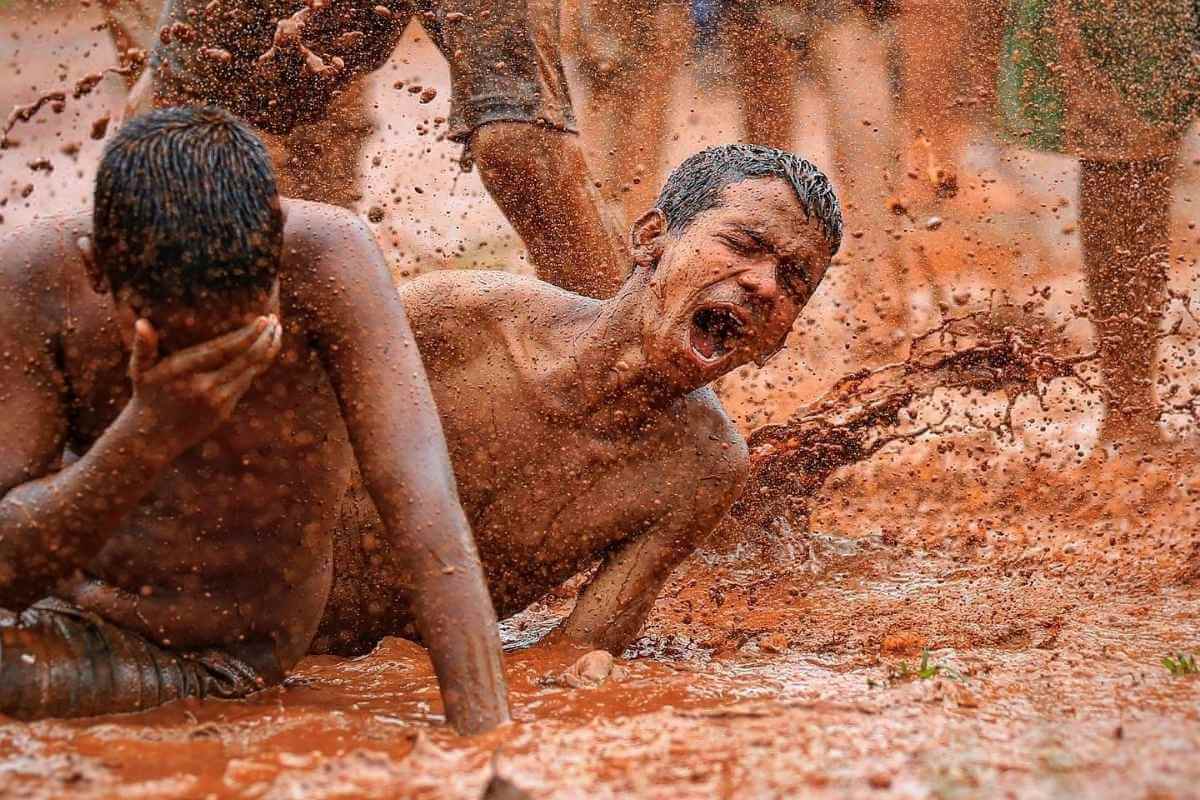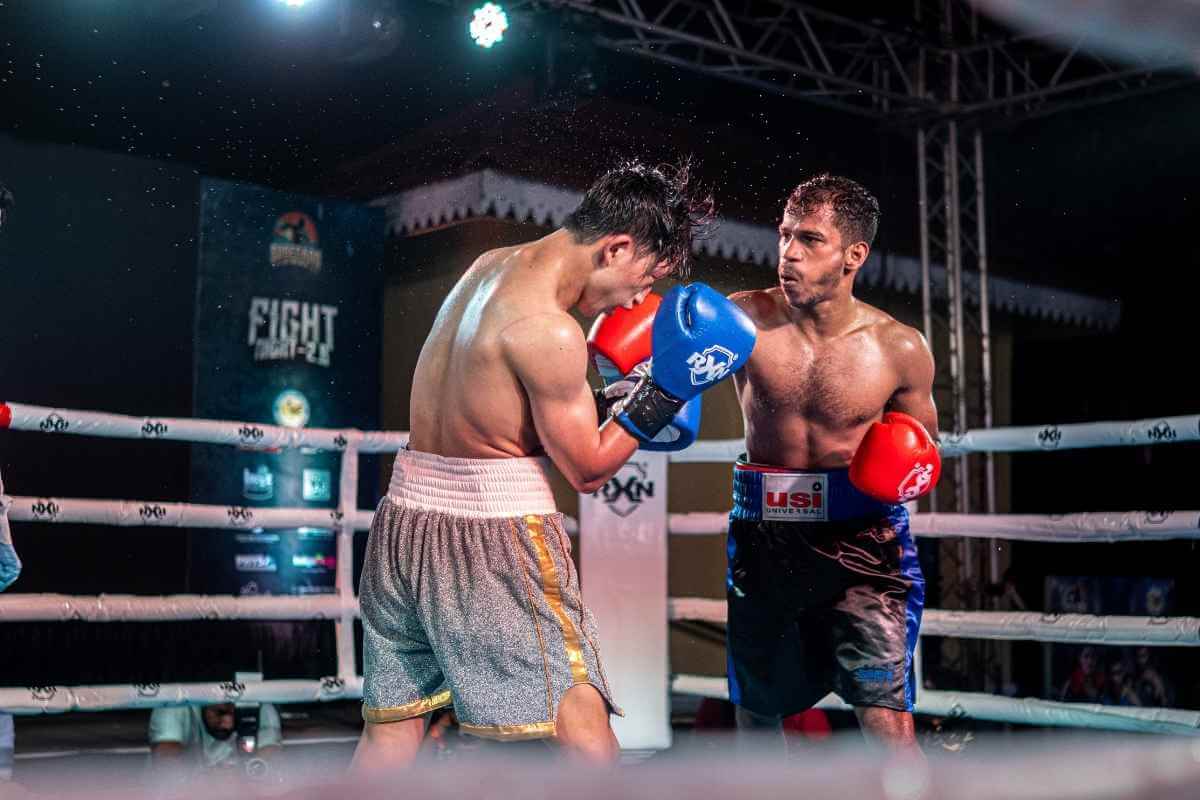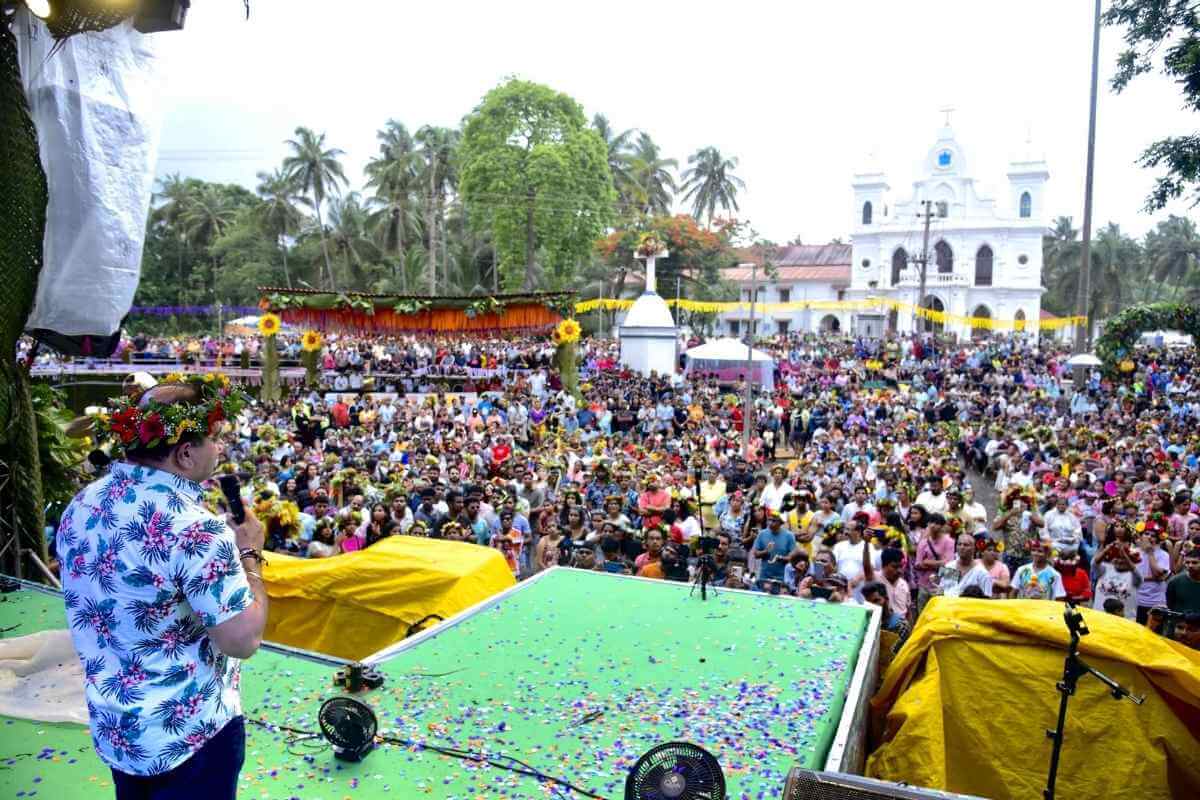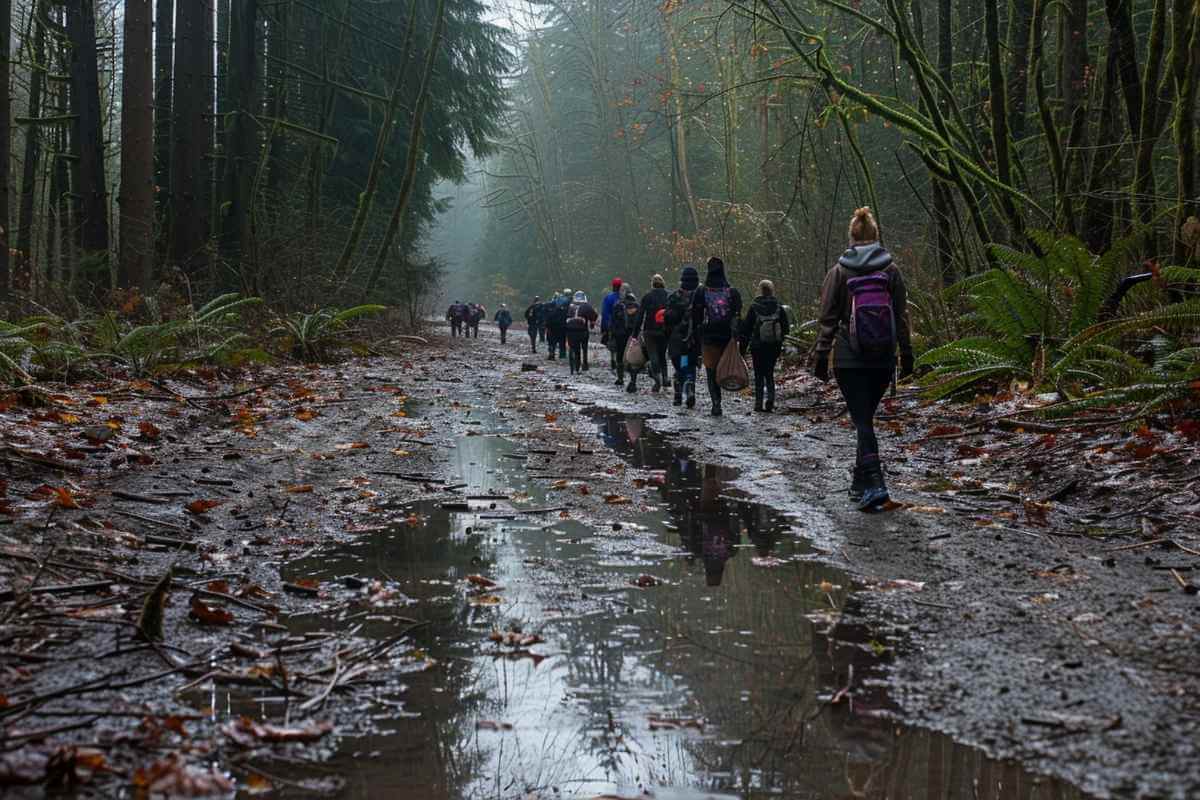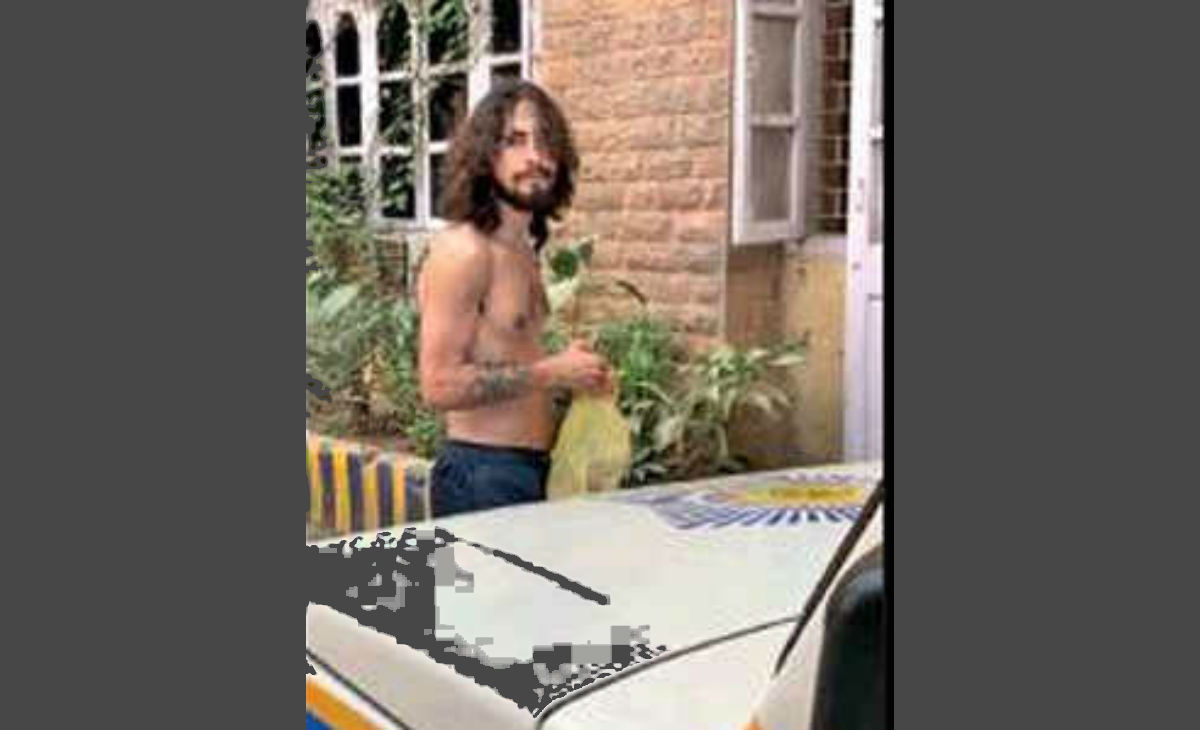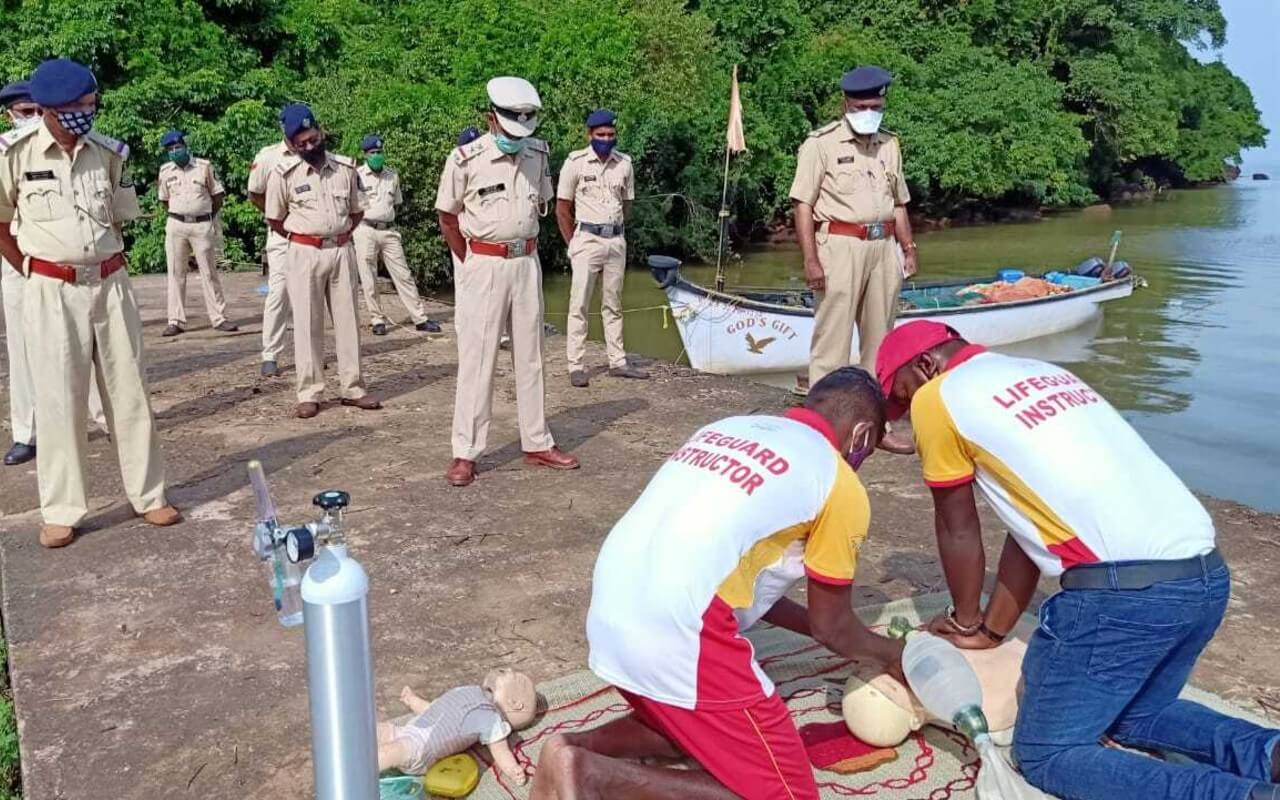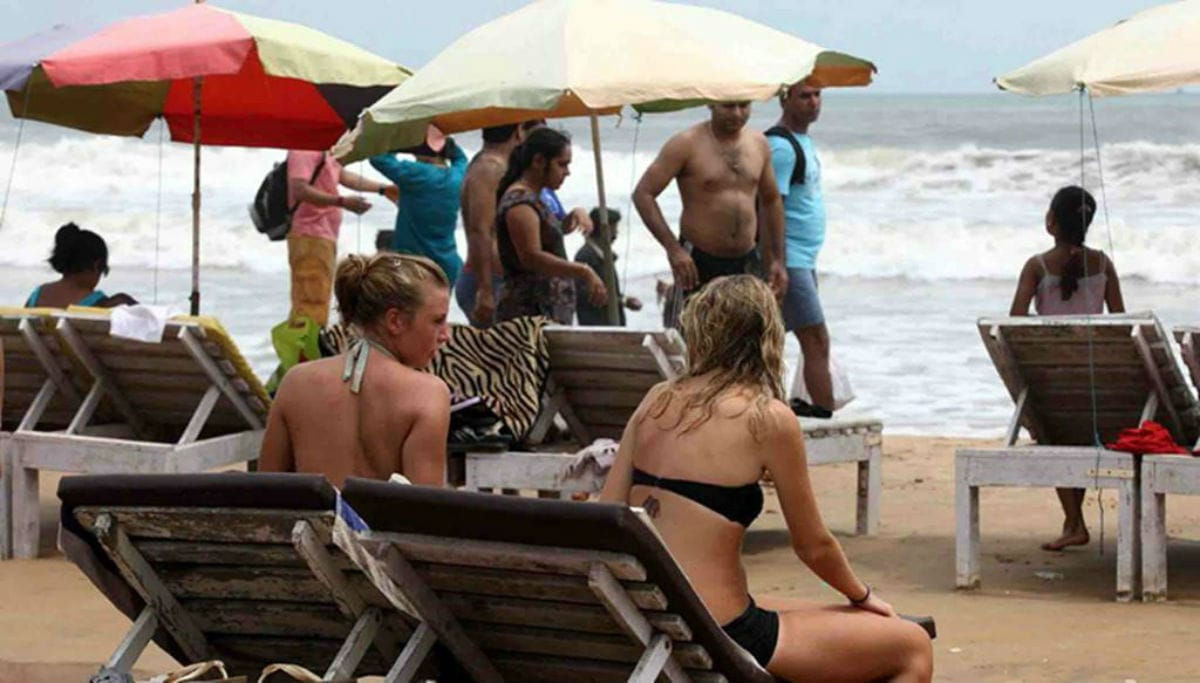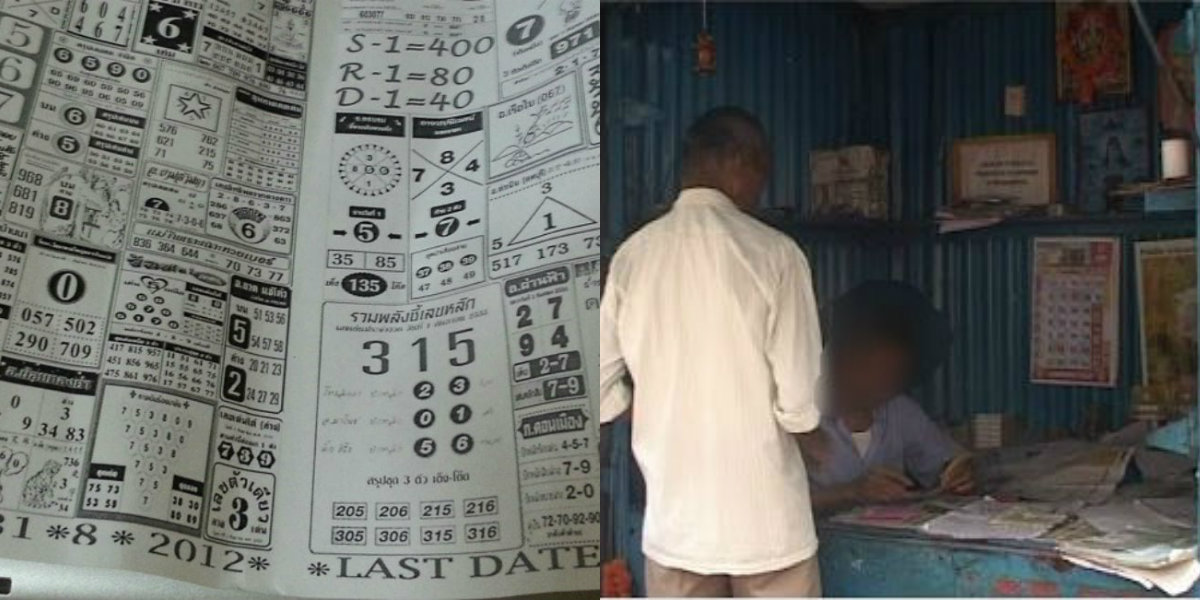Tristao de Braganza e Cunha a Goan Patriot par excellence hailed as the “Father of Goan Nationalism” was born on 2nd April 1981 with a silver spoon in his mouth at his Grandmothers Palatial residence (House of Menezes Braganza) in Chandor, the ancient capital of Kadambas. His Father Dr. Ligorio de Cunha was a prominent medical practiotioner. On completing his primary education in Portuguese, he joined the Portuguese Lyceum for his secondary school education. But the pompous & unimaginative methods of teaching there disillustioned young Tristao so much that he made up his mind to give up his Portuguese studies. On convincing his parents about his interest in learning French, he proceded to pondichery, a former French colony where he sought admission in a French College & obtained his Baccalaureate (BA Degree). From there he sailed to Parid to join Sorbourne University where he took a Degree in Electrical Engineering. For a while he made his living as an Engineer in France in early 1920’s.
The end of the First World war, Russian Revolution the general upsurge in the European colonial empires of the people against the imperialists & colonialism & the dramatic entry of Mahatma Gandhi on the political horizon of India stirred the mind of Tristao who now vowed to fight for the rights of his own people in Goa who led a subjucated life under the Portuguese colonial rule. He contributed articles in the French papers like Clarite & L’Humanite pleading forcefully for the cause of Indias Independence. He exposed the vivious British prapoganda & half truths on the massacre of Jallianwala Bagh in European press. He also wrote biographical noted on Mahatma Gandhi to give an idea of his struggle & peaceful novel methods he had adopted while leading the freedom movement in India. This naturally attracted the attention of Indian Co-patriots in France who were active in the pro-indian committee of the information bureau established by a great French intellectual, Romian Rolland. Besides joining hands with them he also became the member of the anti-imperialist league in France. As a writer, Thinker & humanist he was respected by the French intellectuals like Henry Barbusse, Romain Rolland & others. In the words of K.M. Panikkar,; he was Nationalist India’s first ambassador to France.
 In 1926 when Dr Antonio de Oliveira Salazar was yet to make his debute on the political stage of Portugal, T.B. Cunha returned to Goa after 14yrs from Paris. To give up his career on Electrical engineer & engrossed himself totally in Politics & Political writings. On being back in his motherland he tried to identify himself with the Nationalist movements which was going on in the mainland India & he did not desire to initiate a separate movement exclusively for the freedom of Goa Daman & Diu. He believed that Goa being a part of India Goa’s Freedom was important in India’s independence. Hence with this feeling in view he founded the Goa Congress Committee on the pattern of the branch of the Indian National Congress. Soon he got it affiliated to Indian National Congress at its 4 day old 43rd session held in Calcutta on 29th Dec 1928 presided over by Pandit Motilal Nehru. T.B Cunha attended it on behalf of Goa branch. It was during this period he concentrated on the conditions prevalent in Goa & elaborated his views on imperialism, nationalism & human rights in the pamphlets he brought out.
In 1926 when Dr Antonio de Oliveira Salazar was yet to make his debute on the political stage of Portugal, T.B. Cunha returned to Goa after 14yrs from Paris. To give up his career on Electrical engineer & engrossed himself totally in Politics & Political writings. On being back in his motherland he tried to identify himself with the Nationalist movements which was going on in the mainland India & he did not desire to initiate a separate movement exclusively for the freedom of Goa Daman & Diu. He believed that Goa being a part of India Goa’s Freedom was important in India’s independence. Hence with this feeling in view he founded the Goa Congress Committee on the pattern of the branch of the Indian National Congress. Soon he got it affiliated to Indian National Congress at its 4 day old 43rd session held in Calcutta on 29th Dec 1928 presided over by Pandit Motilal Nehru. T.B Cunha attended it on behalf of Goa branch. It was during this period he concentrated on the conditions prevalent in Goa & elaborated his views on imperialism, nationalism & human rights in the pamphlets he brought out.
T.B Cunha exposes the prevailing miserable conditions of the people by launching a campaign against agents of British Tea planters who had enticed Goan kunbis to work in Assam as labourers. In order to bring them back he took the help of Indian National Congress authorities & he did succeed to end this slavery in 1940.
While the Goa Congress Committee was restricting itself to agitate for freedom & explaining & fighting against injustice on particular Goans issues, in 1934 the Indian National Congress took an unexpected decision to derecognize the branch committees in London, New York & Goa because they functioned in the areas under alien control. This discouraged T.B. Cunha & many other Goans. However T.B Cunha didn’t loose hope. He continued his campaign against the dictatorial regime of Salazar. He was very much touched that in 1941 when the torrential rains lashed South Goa leading to devastation of the paddy fields & residential houses of the peasants he immediately organized the relief campaign against the attitude of the Portuguese authorities, he published several pamphlets & booklets during 1939 to 1946 including “Portuguese India” &  “Denationalisation of Goans” against which the Portuguese authorities in Goa got the copies of the booklet confiscated in Bombay. However upon the revertion of the lower court by Justice M.C. Chagla of the Bombay High Court, the ban on the book was revoked.
“Denationalisation of Goans” against which the Portuguese authorities in Goa got the copies of the booklet confiscated in Bombay. However upon the revertion of the lower court by Justice M.C. Chagla of the Bombay High Court, the ban on the book was revoked.
The sudden Civil Disobedience movement initiated by Dr Ram Manohar Lohia in Goa on 18th June 1946 turned out to be the most significant event in the lifes of the Goan Nationalists including T.B. Cunha. It was not a surprise that he was specialy marked by the Portuguese authorities for victimization at the opportune moment. He personaly experienced the Portuguese brutality when he was arrested & beaten on 30th June 1946 for participating in the meeting at Madgaon. However he was let free on the day on the way to Chandor. But subsequently on 12th July he was taken into custody at the Madgaon Railway station & was sent to Aguada Jail. He was tried by the territorial military port on 24th July 1946 & was sentenced to 8yrs imprisonment & a penalty of Suspension of Political Rights for 15yrs. Within a few days while he was unwell he was secretly taken away during the night on 28th July to Vasco Da Gama & was jailed in the Military barracks & from he was deported to Portugal. He was the first Goan Freedom Fighter to be tried in the Territorial Military court & to be sent into exile. On reaching Lisbon, he was detained in the Aljube Jail for a while & was transferred to the Fortress of Paniche. He remained in the jail for 6yrs & was freed 2yrs before the term on account of amnesty. He was not allowed to come back to India. However, he succeeded in securing the tourist passport to Paris where he joined his brother, Francisco Braganza Cunha, an indologist. From there he escaped to India on 4th Sep 1953.
 On landing in Bombay he took upon his shoulders the task of uniting all Goan political parties under the banner of the “Goa Action Committee” & back the massive Satyagraha movements in 1954 & 1955. He continued the cause of Goa’s freedom through his writings in “Azad Goen”, a Konkani paper which he himself published & through an English periodical “Free Goa” published from Belguam & edited by himself in Bombay till he breathed his last on 26th Sept 1958.
On landing in Bombay he took upon his shoulders the task of uniting all Goan political parties under the banner of the “Goa Action Committee” & back the massive Satyagraha movements in 1954 & 1955. He continued the cause of Goa’s freedom through his writings in “Azad Goen”, a Konkani paper which he himself published & through an English periodical “Free Goa” published from Belguam & edited by himself in Bombay till he breathed his last on 26th Sept 1958.
T.B Cunha unfortunately never got to see Goa Liberated in 1961 for which he had always dreamed for throughout his life. He was honoured by the “World Peace Council” in Stockholm in 1959 for his eminent contribution to the cause of peace & friendship among peoples. A compilation of all his writings “Goa’s Freedom Struggle” had been published in 1961 in Bombay by his friends to commemorate his memory. A hall has been acquired in Panaji by the “T.B Cunha Memorial Trust” formed by his family when he was honoured by the the Govt of Goa Daman & Diu on 18th June 1984.
 On 19th Dec 2016 “Fatorda Foundation” in association with “History Lovers Group” organized a grand event “A Tribute to T.B. Cunha” at Ravindra Bhavan, Margao. This Programme was held as the greatest tribute to this great nationalist to imbibe in the young minds the sense of patriotism which he cherished throughout his life. Various speakers like Dr Susheela Mendes (Prof Govt College, Quepem), Damodar Naik (Chairman Ravindra Bhavan), Varad Sabnis (Supritendant of Archives Dept Goa), Yogesh Nagvenkar (President, History Lovers Grp), Sachin Madage (Artist) spoke on Life & History of T.B. Cunha. Artist Sachin Madage sculpted a Live Art Sculpture of Freedom Fighter Shri Dinanath V. Bandodkar. Freedom fighters Shri Dinanath V. Bandodkar & Shri Ramakant Kesarkar were felicitated for their contribution in Goan Freedom Struggle. Drawing & Patriotic Singing Competition was also organized for school childrens of various schools.
On 19th Dec 2016 “Fatorda Foundation” in association with “History Lovers Group” organized a grand event “A Tribute to T.B. Cunha” at Ravindra Bhavan, Margao. This Programme was held as the greatest tribute to this great nationalist to imbibe in the young minds the sense of patriotism which he cherished throughout his life. Various speakers like Dr Susheela Mendes (Prof Govt College, Quepem), Damodar Naik (Chairman Ravindra Bhavan), Varad Sabnis (Supritendant of Archives Dept Goa), Yogesh Nagvenkar (President, History Lovers Grp), Sachin Madage (Artist) spoke on Life & History of T.B. Cunha. Artist Sachin Madage sculpted a Live Art Sculpture of Freedom Fighter Shri Dinanath V. Bandodkar. Freedom fighters Shri Dinanath V. Bandodkar & Shri Ramakant Kesarkar were felicitated for their contribution in Goan Freedom Struggle. Drawing & Patriotic Singing Competition was also organized for school childrens of various schools.

